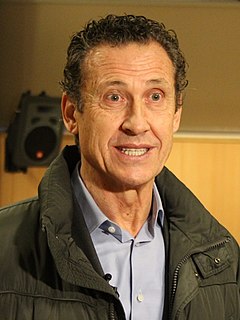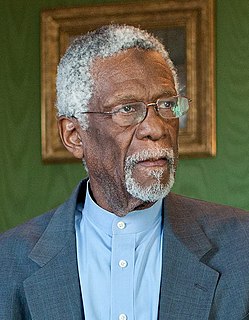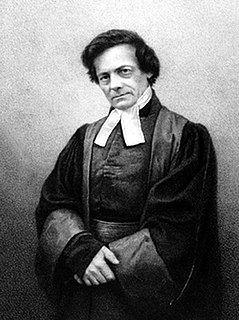A Quote by Mike Gallagher
Success: When you make more money than the rest of us, it hurts our feelings.
Related Quotes
For complex reasons, our culture allows "economy" to mean only "money economy." It equates success and even goodness with monetary profit because it lacks any other standard of measurement. I am no economist, but I venture to suggest that one of the laws of such an economy is that a farmer is worth more dead than alive. A second law is that anything diseased is more profitable than anything that is healthy. What is wrong with us contributes more to the "gross national product" than what is right with us.
Money is a mystery. Not only is our behavior with respect to money sometimes puzzling and erratic, but our feelings about money are often contradictory, illogical, deep-rooted, and scarcely known even to our most secret selves. We are getting better at handling money, but what it means to us, how we use it to express ourselves, and how it can help us become all that we are meant to be remain murky issues.
There is no portion of our time that is our time, and the rest God's; there is no portion of money that is our money, and the rest God's money. It is all His; He made it all, gives it all, and He has simply trusted it to us for His service. A servant has two purses, the master's and his own, but we have only one.
The people who get more fame, who get more money, more often than not they are miserable, insecure and on anti-depressants. It's strange that everyone keeps buying into this idea that more success is good, that more fame is good, that more money is good. Yet, we look at the people who have more success, more fame, more money and they're miserable.
Rest is a decision we make. Rest is choosing to do nothing when we have too much to do, slowing down when we feel pressure to go faster, stopping instead of starting. Rest is listening to our weariness and responding to our tiredness, not to what is making us tired. Rest is what happens when we say one simple word: “No!
Money is part of how we move through the world, what stores and restaurants we go into, whether we take a train to the airport or a taxi. Describing characters living in the real world requires describing them engaging with money. There are also so many emotional aspects to money - feelings of inadequacy, feelings of security. I am not sure if there needs to be more about money in fiction, but the absence of this aspect can make a story feel somehow frictionless and unreal.




































